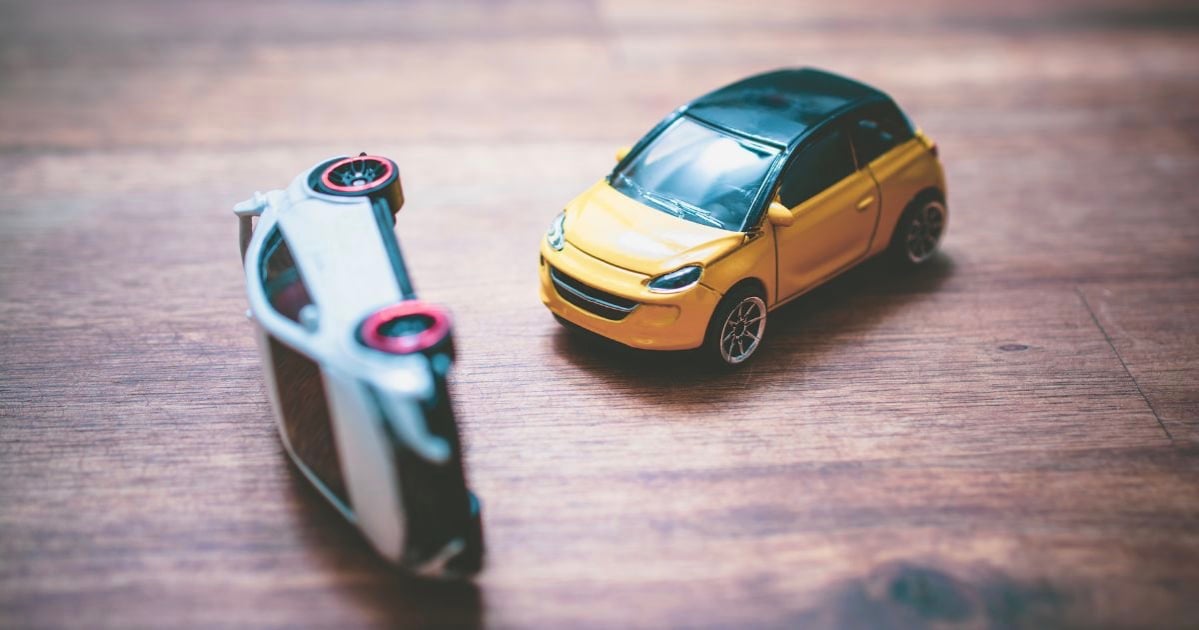As a business owner, you may be wondering about your liability for car accidents involving your employees. The answer is not straightforward and depends on various factors, such as the circumstances of the accident, the employee’s role in the business, and the state’s laws.
Here are some key points to consider:
1. Employer Liability for Employee Actions:
Under the legal principle of respondeat superior (Latin for “let the master answer”), employers can be held liable for their employees’ actions if they occur within the scope of employment, according to Harris Personal Injury Lawyers Inc. This means that if an employee is driving a company vehicle or using their personal vehicle for work-related purposes and causes an accident, the employer may be held responsible for any damages or injuries resulting from the accident.
However, if the employee was engaged in personal activities at the time of the accident, such as running a personal errand during a lunch break, the employer may not be held liable.
2. Negligent Hiring or Supervision:
In addition to respondeat superior, employers may also be held liable if they knew or should have known that the employee was unfit for the job or posed a risk to others. For example, if the employer hired an employee with a history of reckless driving or DUI convictions and the employee caused an accident while driving a company vehicle, the employer may be held liable for negligent hiring.
Similarly, if the employer knew that the employee had a habit of texting while driving or was prone to speeding, and failed to take corrective action, such as reprimanding or terminating the employee, the employer may be held liable for negligent supervision.
3. Business Structure:
The type of business structure can also affect liability. For example, if you are a sole proprietor or a partner in a partnership, you are personally liable for any damages or injuries resulting from a car accident involving an employee. On the other hand, if your business is structured as a corporation or a limited liability company (LLC), your personal assets may be protected from business liabilities, although the business itself may still be liable.
4. Insurance Coverage:
Having adequate insurance coverage is critical for protecting your business from liability. Depending on the nature of your business and the types of vehicles your employees use, you may need to purchase commercial auto insurance or hire non-owned auto liability coverage to protect your business in the event of a car accident.
Commercial auto insurance typically covers liability for bodily injury and property damage caused by your business’s vehicles and employees while driving those vehicles. Non-owned auto liability coverage covers liability for bodily injury and property damage caused by employees driving their personal vehicles for business purposes.
In conclusion, as a business owner, you may be held liable for car accidents involving your employees, depending on the circumstances of the accident, the employee’s role in the business, and the state’s laws. To protect your business from liability, you should ensure that your employees are adequately trained, have a clean driving record, and have the necessary insurance coverage. It is also important to consult with a legal and insurance professional to determine the best way to protect your business from liability.


